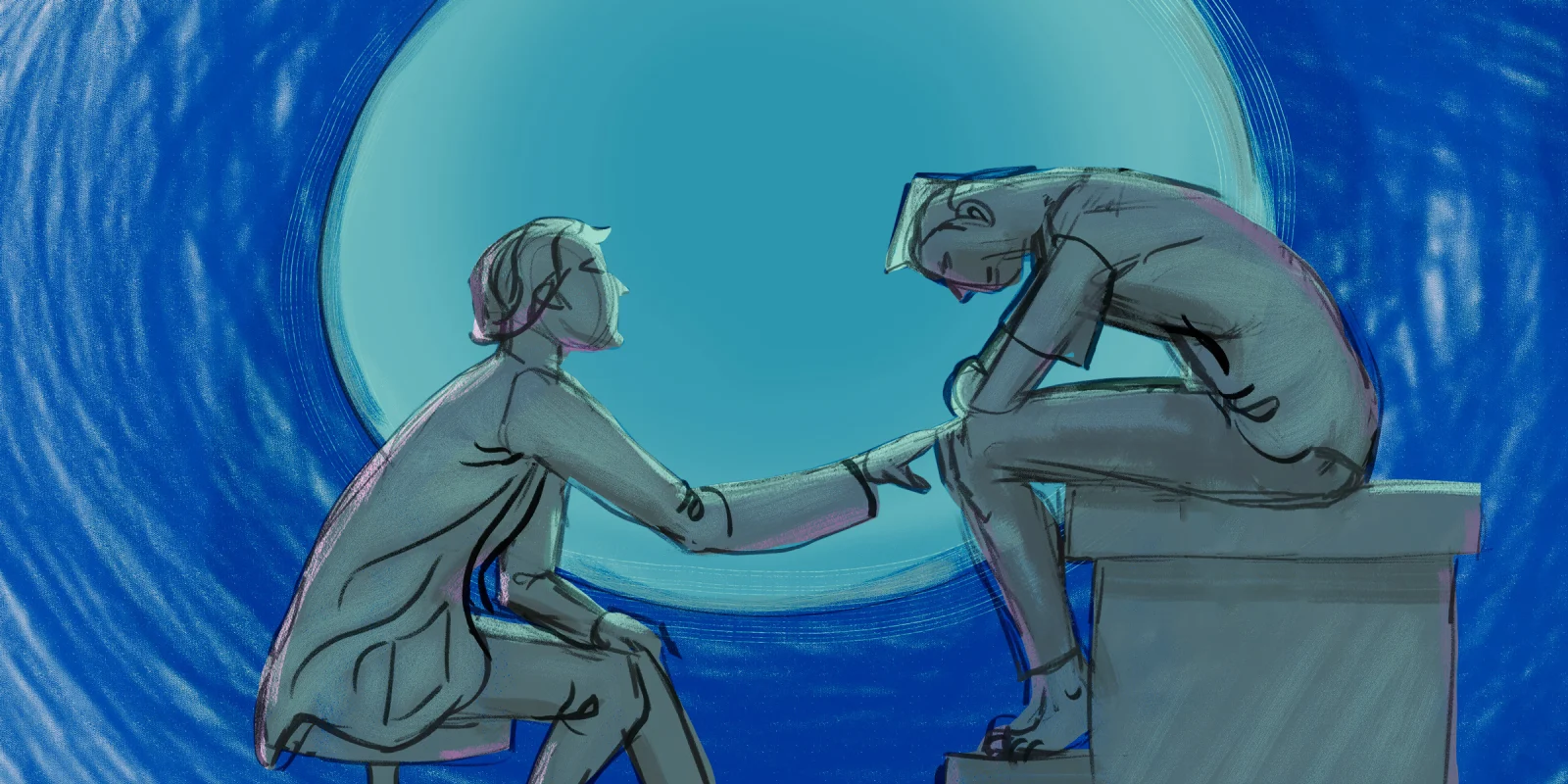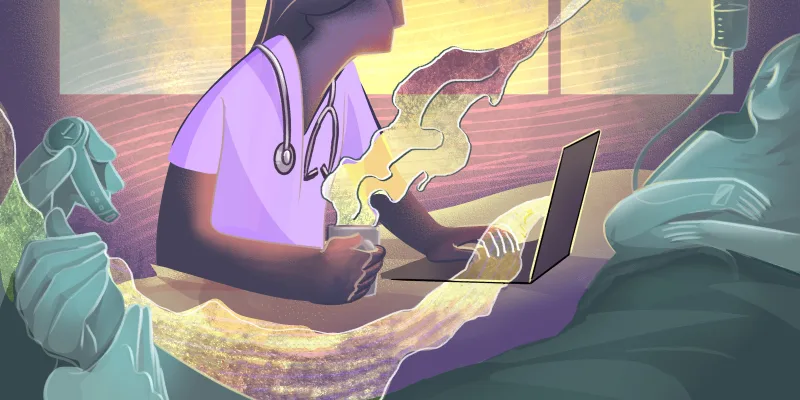“I am not going anywhere, Mr. and Mrs. Valdez. I’m here to answer all your questions. We are in this together now,” the senior resident assured the patient and his wife. The resident stopped typing and put her laptop away. Her undivided attention was solely on them now.
The clinic was wrapping up, and Mr. Valdez was our last patient for the day. The parking lot had empty spaces covering the full premise; only the employees’ cars were left in sight.
“We care about you here and want to address all your concerns before we let you go,” the resident continued. “Tell me more about your diabetes.”
The husband turned his head toward his wife, looking for her approval. He spoke softly at first, afraid of spilling the truth and feeling any sort of prejudice from the resident.
“Doc, I’ve been taking my wife’s gabapentin and daughter’s insulin.” He paused for a second like he was grappling with the notion of whether to say more or less. “But I promise I only do it when I feel like my sugar is high.”
In a calm tone, the resident responded, “Tell me more, Mr. Valdez.”
Her poised reaction befuddled them. The air in the room felt less tense. Words began to brew more easily for Mr. Valdez. “I want to get better,” he said.
I could not stop thinking of my resident’s reaction to the entire situation. How was she not at all scared for them? Why wasn’t she confronting him for self-medicating with insulin and gabapentin? My mind raced for a logical response but landed nowhere.
What I got instead was a lesson on how to form a connection with my patient. She listened, attentive to his every word and need. She forgot about the time, and instead focused on the patient in front of her. At that moment, it felt like the spotlight was on him and him alone. He mattered to her. He became the “why” to the resident’s medical training.
“I haven’t been to the doctor in a long time because I don’t trust them,” the patient said, opening up. “My wife forced me to come here. She’s worried about my health.” We could tell that he actually cared about his health, too; he just did not know the best way to manage it.
Sadly, I have heard multiple stories with the same narrative throughout my time in medical school. A patient’s trust is sacred, and breaking it can lead to dire consequences. One slip-up and the patient could be gone — or worse yet, never return.
This is why we must cultivate a strong relationship with our patients from inception. The “LEAN IN” method can help get us there:
- Listen actively to patients and give them your undivided attention. Put away any potential distractions.
- Express your genuine concern for their health and well-being.
- Acknowledge and validate their emotions and how they feel about the situation they are in.
- Navigate the patients’ comfort with their clinician and encourage them to share their story.
- Inspire a place of compassion and support. Patients are equal partners in their care.
- Nourish a relationship that allows them to ask questions without letting them feel judged.
We all crave someone who will tend to our needs. Patients are no different. They want someone they can entrust with their vulnerabilities and who will show them respect. They look for someone who will do more listening and less talking.
The senior resident did precisely that. She knew how paramount this visit was to her patients. She was not going to let it go to waste. Despite all of the other activities she had planned after work that day, my resident knew that this mattered much more. She wanted to gain the patient’s trust and have a follow-up with him.
I glanced at my watch; two hours had passed. “How about we see you in two weeks, Mr. Valdez?” she asked.
He nodded.
“Keep a log of your sugar levels throughout the day, please.”
It was no coincidence that she got to see him again. “I’ve been looking forward to our next visit, Doc. I brought my homework with me. Here are my sugar levels,” Mr. Valdez said with a smile as handed her the paper. “What’s next?”
The senior resident’s efforts that day can be epitomized in the words of Sir William Osler: “The good physician treats the disease; the great physician treats the patient who has the disease.”
Ricardo Chujutalli graduated from Loma Linda School of Medicine, received his masters degree in Business Administration in Healthcare Management from La Sierra University, and is pursuing a masters degree in Bioethics.
All names and identifying information have been modified to protect patient privacy.
Illustration by Jennifer Bogartz







